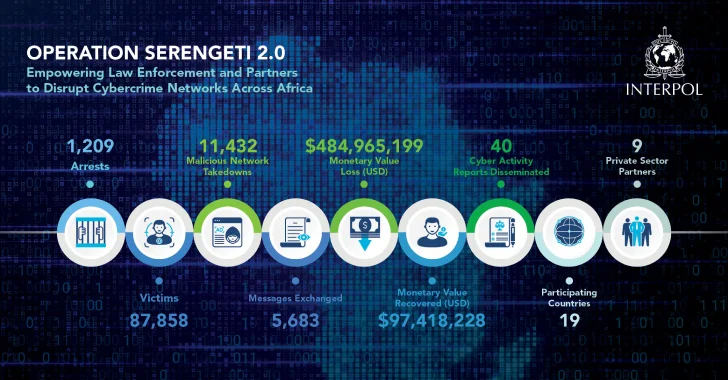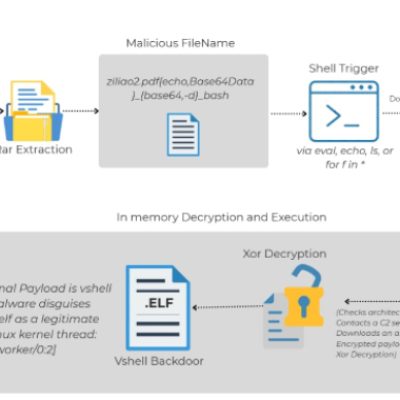The recent INTERPOL cybercriminals arrest operation has unearthed a staggering network of illegal activities across Africa. This crackdown, known as Operation Serengeti 2.0, led to the apprehension of 1,209 cybercriminals spanning across 18 nations. In this major campaign, authorities recovered nearly $97.4 million in funds and dismantled more than 11,432 fraudulent infrastructures. Such measures underline the global response to cybercrime and emphasize the need for improved cybersecurity protocols. For more insights, read about this coordinated effort on INTERPOL’s official announcement.
Overview of INTERPOL’s Approach to Cybercrime
INTERPOL has prioritized tackling cybercrime as part of its global strategy for safety. The recent arrests represent a significant commitment to disrupting organizations operating within the digital shadows. This multi-national operation highlights the importance of international collaboration. Countries worked together to share intelligence and strategize effective enforcement actions. Agencies focused not only on arrests but also on providing resources for victims and raising awareness about cybersecurity measures. For further reading on the impact of this operation, visit DW’s coverage.
The Implications of Cybercriminal Activity
Cybercriminals utilize increasingly sophisticated methods to exploit vulnerabilities in both individual and organizational systems. This operation not only highlights the extensive reach of these networks but also emphasizes the critical need for robust cybersecurity strategies. The financial impacts of fraud and cyber attacks can be devastating, affecting millions globally. Victims often face long-term repercussions beyond immediate financial loss; many lose trust in digital systems altogether. It is essential for both businesses and governments to invest in effective measures to combat this menace. Read more about the significance of cybersecurity on ABC News.
📊 Key Statistics
- Total arrests: 1,209
- Total funds recovered: $97.4 million
- Total infrastructures dismantled: 11,432
Long-term Strategy for Combating Cybercrime
Preventing cybercrime requires a multi-faceted approach that includes education, technological advancements, and international cooperation. Countries involved in INTERPOL operations are investing in training law enforcement personnel to better understand the digital landscape. While arrests address existing threats, building awareness within communities is equally essential. Users must be educated on identifying phishing attacks and understanding cybersecurity basics. Strategies for fostering a secure digital environment should involve organizations and individuals alike. For more details on working together to counter cyber threats effectively, refer to Group-IB’s press release.
Key Takeaways and Final Thoughts
This recent operation demonstrates a substantial step forward in the fight against cybercrime, underscoring the importance of collaborative international efforts and ongoing vigilance. The impact of these arrests is immense, highlighting the complexities of cybercrime and the resources required to tackle it effectively. Continuous education and investment in cybersecurity are vital for creating a safer online environment.
❓ Frequently Asked Questions
What is Operation Serengeti 2.0?
Operation Serengeti 2.0 is a coordinated effort by INTERPOL targeting cybercriminals across multiple African nations, resulting in extensive arrests and recoveries of funds.
How can individuals protect themselves from cybercrime?
Individuals can safeguard themselves by utilizing strong passwords, staying educated about phishing attempts, and using up-to-date security software.
To deepen this topic, check our detailed analyses on Cybersecurity section







